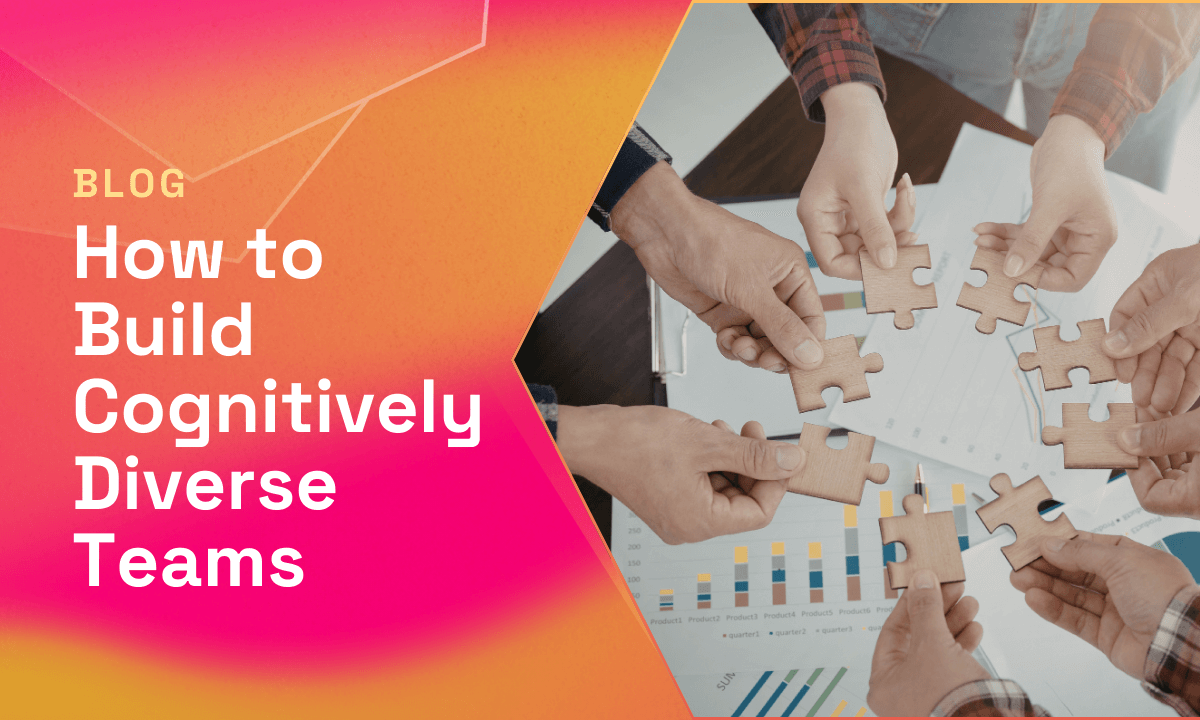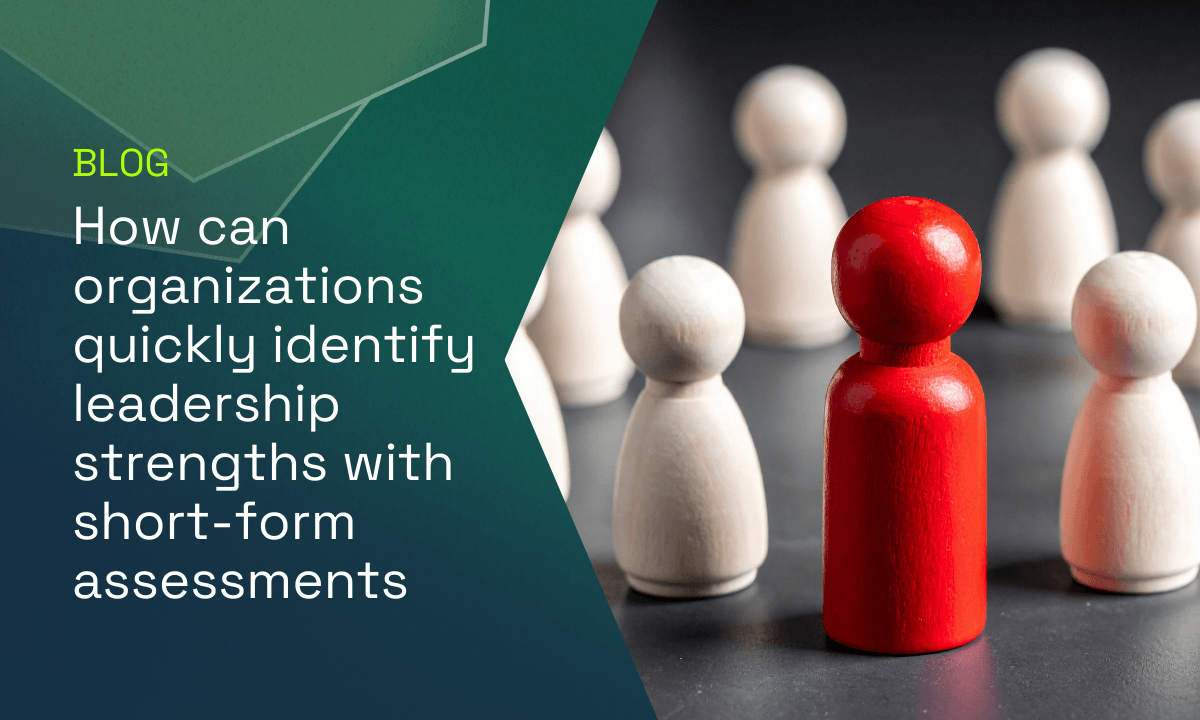5 Key Features of Modern Talent Assessments
Picture this common scenario: you are recruiting and have narrowed your options to three exceptional candidates who tick all the technical boxes. How do you ensure you are choosing the right candidate to fit your organization’s culture and help drive long-term success?
Talent assessments are widely used. However, most assessments are not scientifically validated, they produce insights with bias, offer inaccessible feedback, and the tools themselves are not user-friendly. Deeper Signals assessments stand out as the modern, top-of-the-line alternative to help hiring managers gather insights for making accurate and informed hiring decisions. Assessments support talent acquisition by evaluating more than just skills. They give a deep understanding of a candidate’s talent potential and fit within the role and team.
To fully harness the power of these modern talent assessments, like Deeper Signals, it is essential to understand what key features to look out for and how to leverage them effectively.

Key factors to consider when selecting an assessment tool:
1. Objective Evaluation: According to 42% of talent acquisition professionals, hiring bias is the leading cause of interview failure. Unlike traditional methods, such as resumes or interviews, which can be influenced by biases, talent assessments rely on standardized criteria to measure capabilities accurately. To harness this feature effectively, organizations should ensure that assessments are designed based on job-related competencies and validated to ensure reliability and fairness. Organizations that utilize scientifically validated tools that are based on robust theoretical frameworks can make more reliable decisions when it comes to talent planning.
2. Predictive Analytics: By analyzing patterns and trends in candidates' responses, assessments can identify individuals who are likely to succeed in specific roles or environments. Organizations can harness this feature by integrating assessment data with performance metrics to create predictive models for talent management and succession planning. By identifying high-potential employees early on, organizations can invest in their development and retain top talent effectively. Predictive assessments and data-driven dashboards help drive business results.
3. Customization: Whether assessing leadership potential or cultural fit, assessments can be adapted to align with specific job requirements and organizational values. To harness this feature, organizations should collaborate with assessment providers to design assessments that accurately reflect the competencies and behaviors critical for success in their context. By using customizable assessment solutions, organizations can ensure that they provide relevant and actionable insights for decision-making.
4. Continuous Feedback and Development: Modern talent assessments should offer not only a snapshot of individuals' capabilities but also insights into areas for development and growth. By providing candidates with feedback on their strengths and areas for improvement, assessments enable organizations to support employees' ongoing learning and development. Harnessing this feature requires organizations to establish a culture of continuous feedback and learning, where assessment results are used to inform personalized development plans and coaching interventions. Incorporating platforms like DynaMo allows the participants to learn at their own pace, giving them autonomy and accountability.
5. Talent Management System Integrations: To maximize the impact of talent assessments, HR teams should integrate them seamlessly into their talent management systems and processes. Linking assessment data with other HR systems, such as applicant tracking, performance management, and learning management systems, helps organizations create a unified talent ecosystem. This integration enables organizations to track candidates' progress throughout the employee lifecycle, from recruitment and selection to development and succession planning. Deeper Signals provides intuitive features like filtering and benchmarking, integrated user tables, invite campaigns, and more to make talent planning easier for organizations.
Talent assessments play a crucial role in modern hiring practices, offering organizations a structured and objective means of evaluating candidates' suitability for a role. By leveraging various assessment methods and tools, companies can identify top talent, make informed hiring decisions, and build teams that drive organizational success. You can try out a free trial of the Deeper Signals Platform here.





























